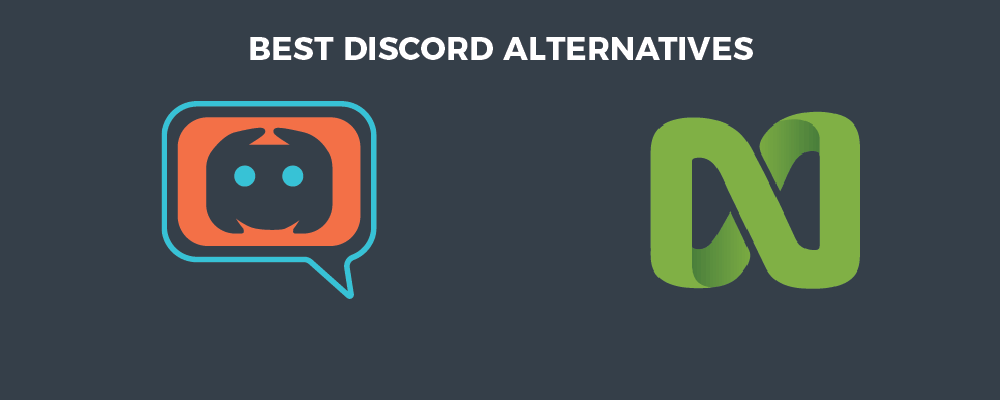Success in work and personal life often comes down to how well we understand the people around us. Noticing differences in preferences, strengths, and communication habits can make a huge difference in outcomes. When we take the time to pay attention, listen actively, and adjust our approach, interactions become smoother, tasks get completed more efficiently, and relationships grow stronger. Awareness and adaptability are the foundation for meaningful connections in every context. Taking deliberate steps to understand others can also reduce stress, prevent misunderstandings, and create a more harmonious environment.
Why Awareness Matters
Understanding others is more than just noticing behavior—it’s about recognizing patterns, strengths, and challenges. By doing so, we can make decisions that respect people’s unique qualities while maximizing effectiveness. Observing closely and responding intentionally creates an environment where collaboration and communication thrive, whether in a professional setting or at home. Awareness allows us to anticipate needs, identify opportunities for support, and adjust our approach to get better outcomes.
Turning Leads into Results
In a professional setting, understanding your prospects is key to success. Knowing what stage each lead is in and what they need allows you to prioritize follow-ups, tailor messages, and improve conversion rates. Thoughtful lead distribution—making sure the right opportunities are handled by the team members best suited for them—helps ensure each prospect gets the attention they need. By paying attention to individual behaviors and preferences, sales teams can connect more effectively and make the most of every opportunity. For example, some clients may respond best to detailed data, while others prefer concise summaries or personal conversations. Adapting your approach to fit each prospect’s style ensures that leads are handled efficiently and relationships are built along the way. This mindset emphasizes understanding people first, which turns potential opportunities into real results.
Enhancing Personal Connections
On the personal side, adapting your approach can transform how you connect with family, friends, and partners. Taking a communication styles in relationships quiz can help you understand different ways people express themselves and prefer to receive information. Knowing whether someone communicates more directly, indirectly, or visually can reduce misunderstandings and make conversations more productive. Small adjustments in tone, timing, or method of communication can make interactions smoother and relationships more harmonious. The more we tailor our approach, the more likely we are to build trust and mutual respect.
Reflecting on Values
Another way to deepen understanding is by exploring the principles and priorities that guide the people closest to us. Asking thoughtful questions about what matters most provides insight into their decisions and expectations. This clarity allows interactions to be respectful, meaningful, and aligned with shared beliefs. In both professional and personal settings, knowing the values and motivations of others helps guide actions, improve cooperation, and maintain stronger, longer-lasting connections.
Putting Understanding into Action
Understanding people is only valuable if it informs the way we act. By tailoring tasks, communication, and responsibilities to fit individual needs, we create more productive teams and healthier relationships. Observing, reflecting, and adjusting based on what we notice ensures that efforts are targeted, connections are genuine, and outcomes are positive. Awareness alone isn’t enough—intentional action based on understanding is what truly drives results in both life and work.










